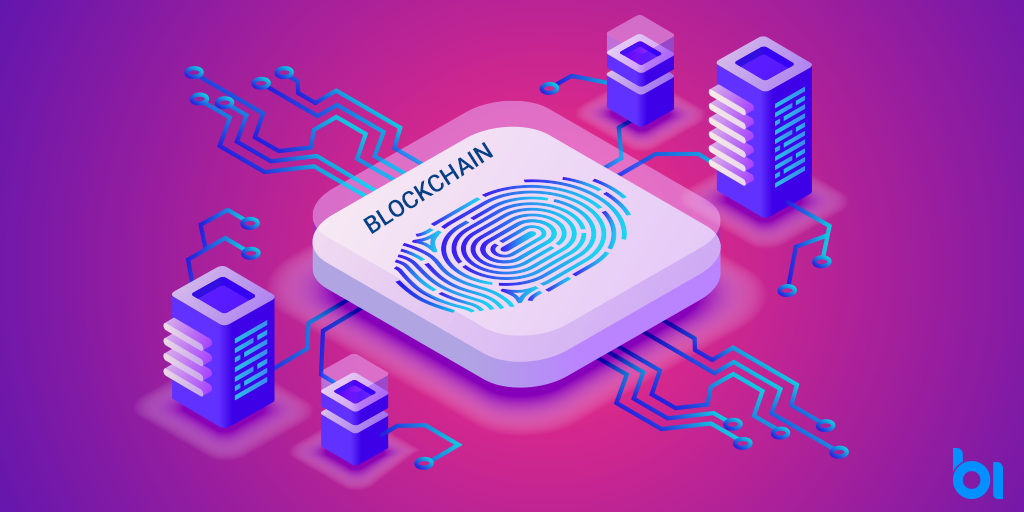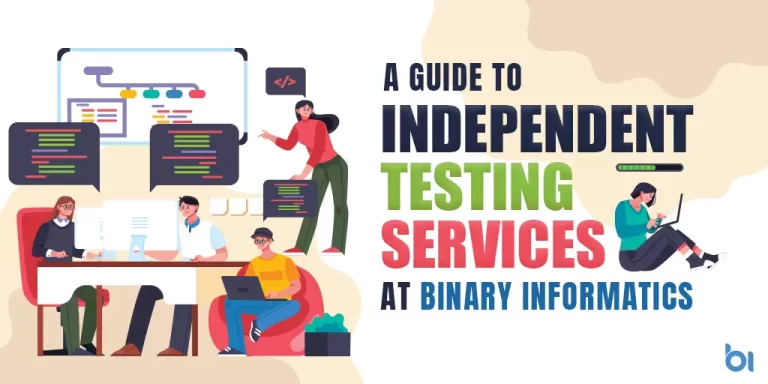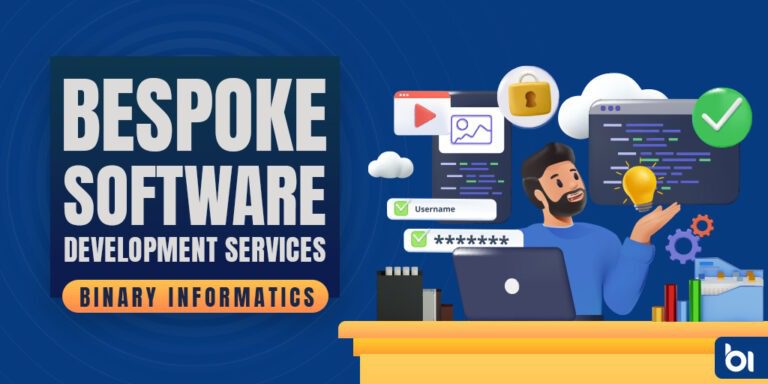From the ground up with the government to create a truly liquid market that makes it easy to take on leases, it seems clear that Blockchain will have a huge impact on the real estate sector over the next decade.
Many of these dynamics are a few years into the future, but now several are being implemented, in countries from Georgia to Gibraltar, and all indications are that the pace of implementation is accelerating over time. Bitcoin may have been the first child in the block, but real estate seems ready to take over.
In an asset class that has already been transformed by the decentralization of assets such as short-term leasing and online markets that allow you to take advantage of these exclusive investment opportunities, Blockchain seems to be a natural progression of a trend. This is already in the works.
Table of Contents
ToggleA Bit About Blockchain
Blockchain, for those who missed Criptomov in late 2017, is a distributed accounting technology that allows distributed networks. In plain English, it is a list of information (financial transactions, title deeds, everything) stored simultaneously in thousands of different computers.
This information is stored as a block containing all previous blocks, a timestamp and transaction data (for example, who has purchased them). The entire book is encrypted, making data manipulation practically impossible.
Whenever a new transaction takes place, a new block is created and a set of secure protocols transfers the information to all other participants in the network.
The blockchains are often associated with so-called smart contracts, which are essentially programmable digital contracts that are executed only when a given condition (such as a money transfer) is achieved.
Traditional blockchain networks are fully open, so anyone with a computer can join and host the blockchain. There are also private blockchains where only certain actors or computers can authenticate new blocks.
Blockchain itself is not a disruptive technology, but a fundamental technology. Disruptive technology is a technology that immediately interrupts the industry when it is introduced (Uber is a good example).
On the other hand, fundamental technology has no major impact when first discovered. Electricity is a good example here. Distributed and encrypted registration itself is certainly not disturbing: it has no impact on the real world. Properly applied, however, it promises to change many aspects of the business world.
Distributed Ledgers and Land Titles
(Blockchain in Real Estate)
Few sectors would experience a deeper disruption than real estate, a $ 217 billion asset class whose transaction dynamics are still largely paper and pencil-driven. The focus of any real estate transaction is the concept of land ownership, which is the property of the asset acquired or sold.
If a property changes ownership, it must be updated. Even in industrialized countries, this process can take up to six months, and in developing countries, a simple review of the property can be a tedious effort. According to the World Bank, more than 70% of the world’s population has no access to adequate title deeds.
Blockchain promises to change all that. Technology can be used to create a transparent database of who owns a particular country and makes the transfer of ownership between the parties an effortless effort.
Under a Blockchain property title record, look for the owner of a particular property that becomes a non-duplicable public folder that is available for the entire country. Do you want to sell a property in such a system? Just set up a smart contract managed by blockchain and the entire system will be updated as soon as the payment reaches the seller’s account.
Such a system would be a notable update on the current Byzantine world of registrars, sub-registrars, agents, agencies, and securities firms. This would allow anyone, anywhere, to easily buy and sell real estate without paying too much for legal costs, increasing participation in the real estate sector and boosting the growth of the sector as a whole.
The effectiveness of blockchains in terms of title verification has not gone unnoticed and several governments around the world have started to place their bibliographic databases in a blockchain. In India, the government of Andhra Pradesh has partnered with a private company to implement distributed accounting technology on their properties.
In the developed world, Sweden has devised plans to bring the entire register of nations to a private blockchain and will test its first official transaction later in the year, an effort that registered 1,00,000 land registrations endowed with blockchain protection.
Similar programs are being implemented by institutions ranging from start-ups backed by venture capital firms to the Government of the Republic of Georgia and Chicago’s Cook’s Recorder of Deeds.
(Blockchain in Real Estate)
Tokenizing Twenty Storey Towers
While a blockchain system of land titles is undeniably exciting, the real money lies in another application of distributed accounting technology: transforming real estate into a real class of liquid assets.
As an investment, the real estate sector has no liquidity: it has a large number of tickets and is relatively difficult to sell. This leads to the realization of property, a phenomenon in which the actual value of a property sold is usually 10 to 20% higher than the price at which it is sold.
This 10-20% is referred to as a reduction in illiquidity, and given the huge size of real estate as an asset class, the exploration leads to a trillion dollars in hidden values.
How can Blockchain free up the illiquidity of real estate? A process called tokenization creates a blockchain to represent a particular asset. In short, the owners of a particular property would break ownership of an asset in a certain number, about 1.00,000, virtual tokens, which can then be easily bought or sold.
In this way, thousands of people can share real estate and effortlessly make their investments as if they were buying and selling stocks.
Nowadays, a truly fluid real estate market with chips remains in the realm of fantasy, as the rules for asset-related tokens – called asset-backed tokens – are still in development. Governments of the world are adopting a restrictive stance.
Position now. However, large jurisdictions such as the US and the EU have stated that asset-backed tokens are regulated as securities, meaning that much of the necessary legal framework already exists.
A Cornucopia of Opportunity
Blockchain’s potential to fundamentally change real estate transactions is not limited to land titles and symbolic property. A complete ecosystem of decentralized mechanisms is just around the corner.
These range from using smart contracts to effortless leasing and payment services (imagine a system that activates the lease when your check arrives at the owner’s account) by simply buying a cryptocurrency property.
The latter has already begun with small real estate transactions that take place exclusively via Bitcoin or Ethereum, the two most important cryptocurrencies.
Two things are obvious at this point: Blockchain will massively disrupt the real estate sector, and this disruption has already begun. At the center of the incredible growth of short-term rental, driven by platforms such as Airbnb in the hotel sector, was a decentralized approach to real estate.
The world’s leading real estate markets are pioneering new ways to capitalize on the phenomenal growth of short-term rents and participate in the world’s most popular investment destinations, all digitally operated at the touch of a button. As the world moves from page to analog, Blockchain promises to bring the real estate sector into the digital economy in style.




